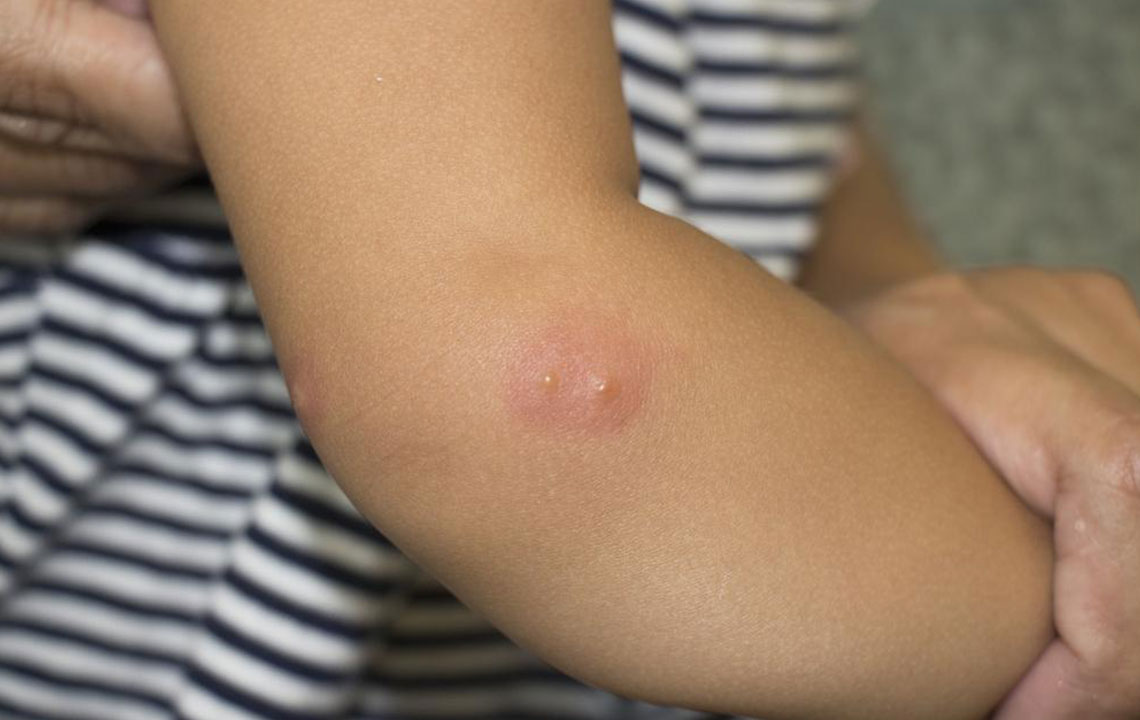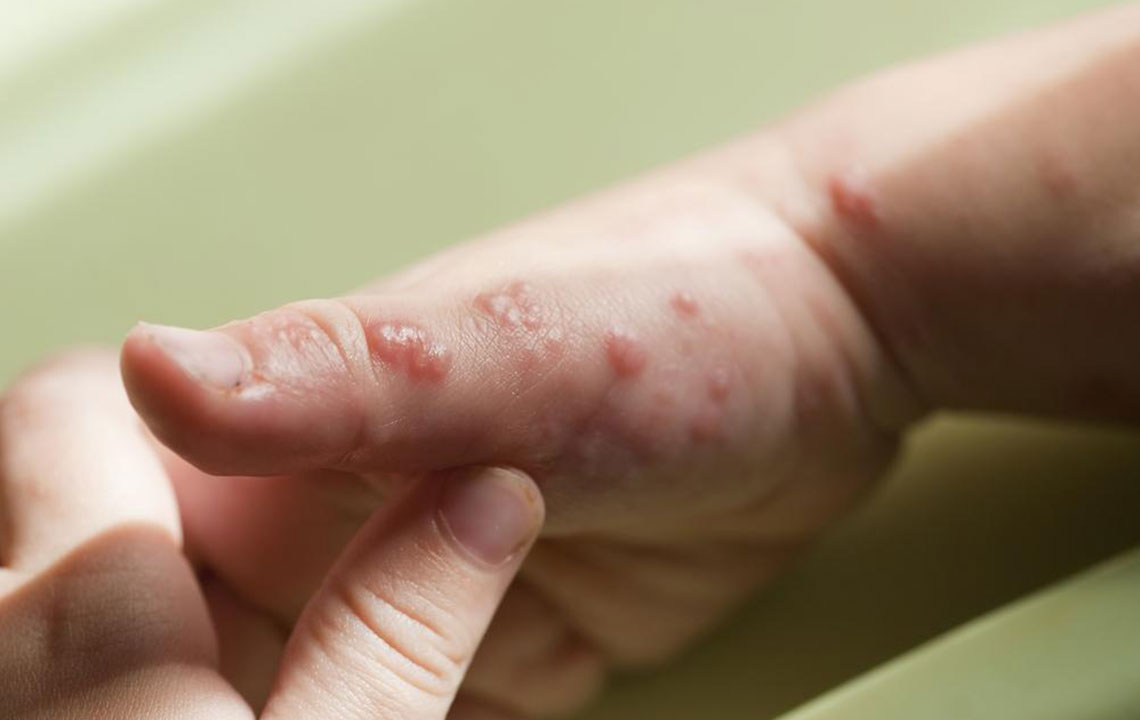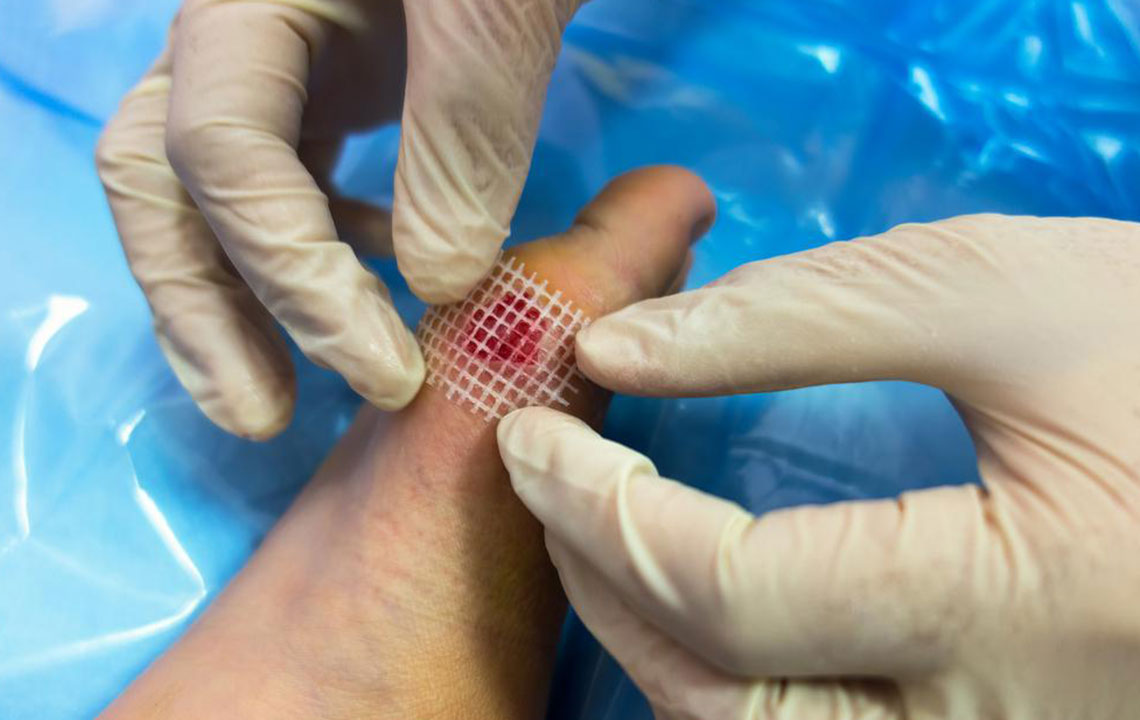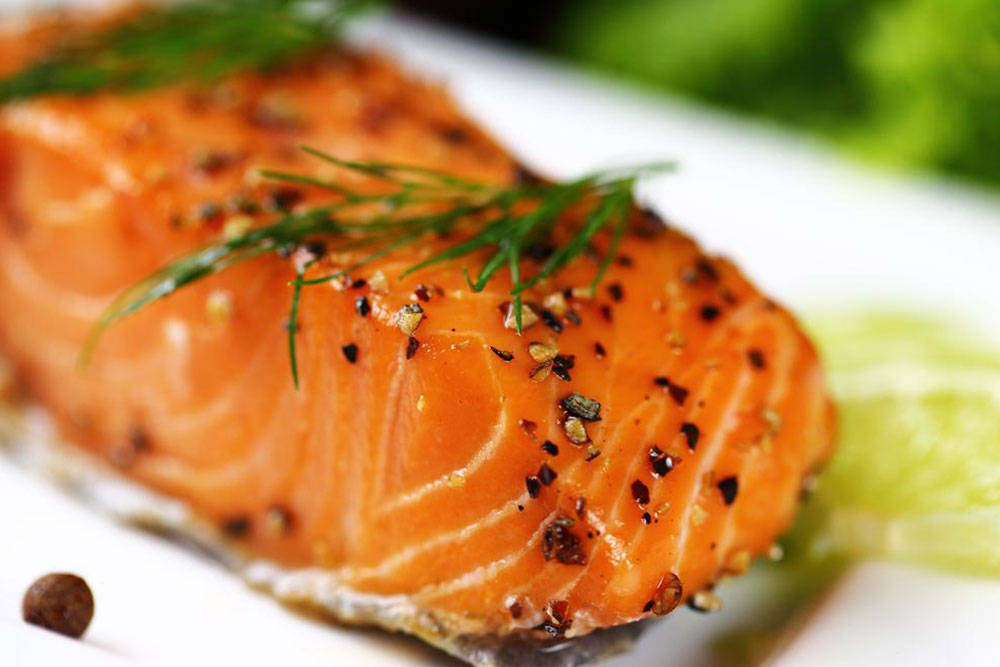Effective Strategies for Managing and Treating Shingles
Discover effective strategies to manage and treat shingles through conventional medications, home remedies, dietary adjustments, and natural therapies. Learn how early intervention can reduce pain, speed recovery, and prevent complications, all while considering holistic approaches for comprehensive care. Always consult a healthcare provider for personalized treatment options.
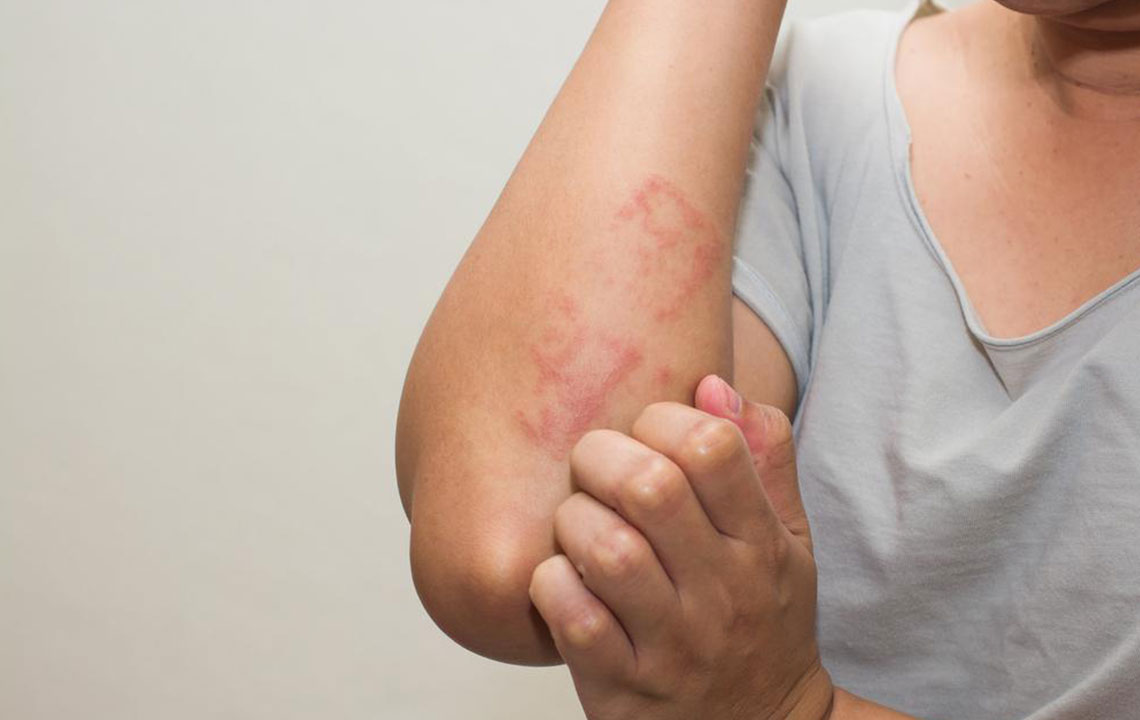
Comprehensive Approaches to Shingles Relief and Care
Shingles, caused by the varicella zoster virus, manifests as a painful skin rash often affecting older adults or those with weakened immune defenses due to stress, illness, or medication. Typically experienced once, shingles can last between two to six weeks. While there's no cure, early and proper treatment can alleviate symptoms, hasten recovery, and minimize complications.
Common medications for shingles include:
Valacyclovir (Valtrex)
Acyclovir (Zovirax)
Famciclovir (Famvir)
To manage associated pain, healthcare providers may suggest:
Anticonvulsants such as gabapentin (Neurontin)
Topical capsaicin creams
Numbing agents like lidocaine patches or gels
Tricyclic antidepressants including amitriptyline
Injections combining corticosteroids and anesthetics
Pain medications containing narcotics like codeine
Natural Remedies & Lifestyle Tips
Implementing home remedies and lifestyle changes can help ease shingles symptoms.
Soothing Baths
Daily cleaning of blisters is essential to prevent infection spread. A cool bath with colloidal oatmeal or cornstarch can soothe irritated skin. Avoid hot water, which can worsen blisters. After soaking, dry thoroughly with a clean towel and avoid contact with others to prevent contagion.
Cold Compresses
Applying a damp, cold cloth on the affected area several times daily can reduce pain and itchiness. Ensure the compress is cool, not icy, to prevent skin sensitivity or further discomfort.
Natural Pastes
A paste made with baking soda or cornstarch mixed with water can alleviate itching. Apply for 10-15 minutes before rinsing. Repeat as needed throughout the day.
Topical Soothers
Applying non-scented lotions or ointments can prevent scratching-related scars. Capsaicin-based creams may help diminish pain, although initial tingling is normal. Calamine lotion after showers can soothe inflamed skin and dry blisters.
Diet Enhancements
Supporting immune health through diet is crucial. Consume foods rich in vitamins A, C, E, B-1, and lysine, such as orange and yellow fruits, leafy greens, lean meats, eggs, dairy, wild fish, legumes, and whole grains. Conversely, reduce intake of arginine-rich foods, sugar-laden products, high-fat foods, and refined carbs to aid recovery.
Homeopathic & Herbal Options
Consulting a homeopathy specialist for remedies like Ranunculus bulb, Rhus toxicodendron, or Arsenicum album may complement traditional care. Additionally, herbal supplements like echinacea, lemon balm, oregano oil, melatonin, essential fatty acids, and St. John’s Wort could support immune function. Always seek medical advice before beginning any alternative treatments.
Note:
This article offers practical, research-based insights into shingles management, combining conventional medicine with natural remedies. It aims to inform, but readers should consult healthcare professionals for personalized treatment plans. The content is intended for informational purposes and does not replace professional medical advice.

